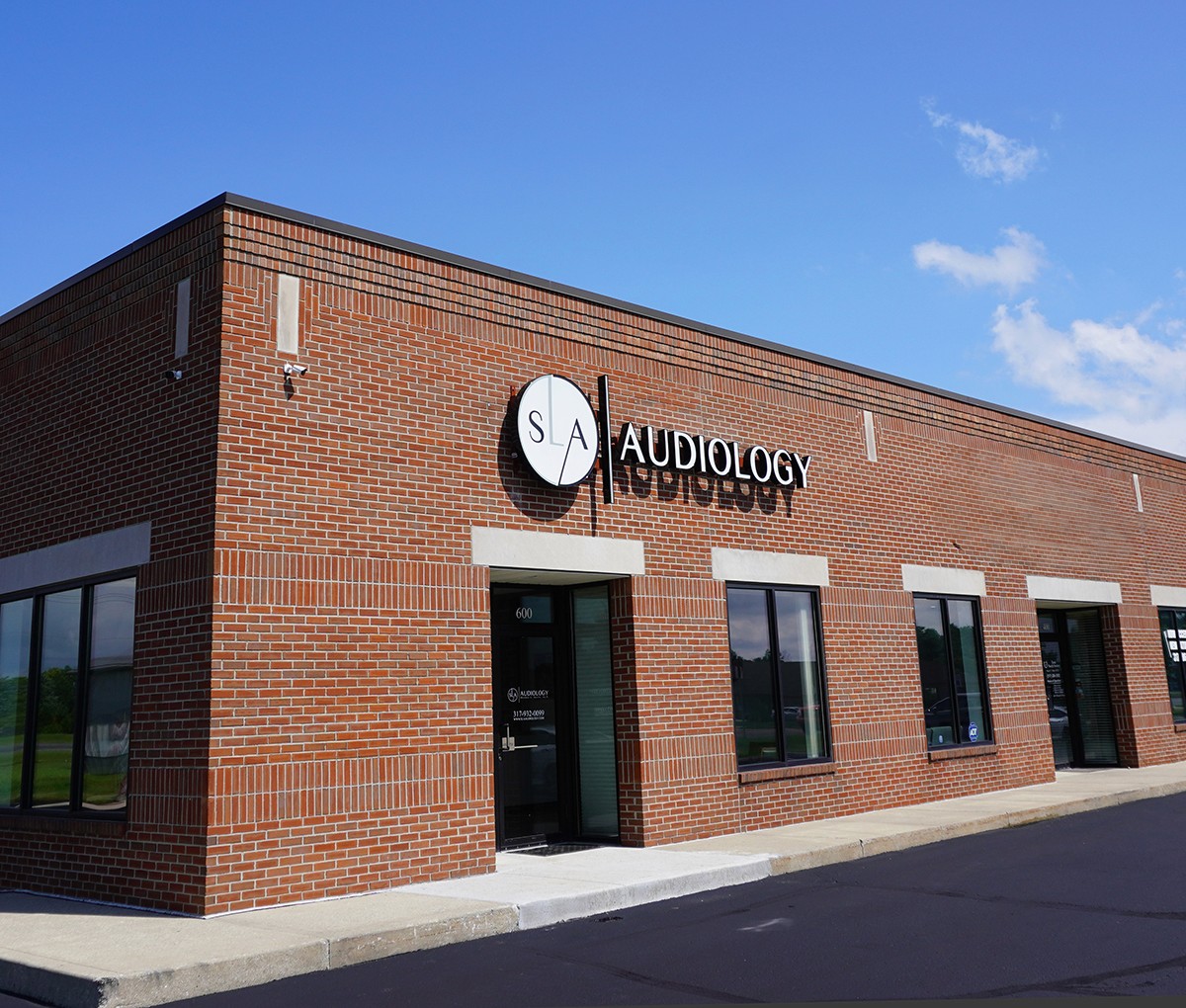What is Tinnitus?
Jul 31, 2024
Tinnitus occurs when you hear a sound in your ears or head without an external source. Some patients describe it as “ringing”, “buzzing”, “chirping”, “roaring”, or other sounds. Approximately 25 million Americans suffer from tinnitus and each person’s experience is individual. How tinnitus impacts a person can vary a great deal. It can range from a mild nuisance that is only noticed when in quiet rooms up to being incapacitated by it.
Tinnitus is largely a symptom of hearing loss, but there can be underlying health conditions that require treatment. Start by getting your hearing tested to determine if additional investigation is needed to rule out any underlying health condition.
If you have treatable hearing loss in addition to tinnitus, hearing aids alone can be helpful in providing relief from your tinnitus by amplifying the soft sounds you’ve been missing. Sound therapies are also embedded in most of today’s hearing aids. Sound therapies are pleasant sounds (e.g. ocean sounds, pink noise, fan noise, white noise, etc.) that can help you to turn your attention away from your tinnitus. In cases where amplification and sound therapies are not helpful, cognitive behavioral therapy can be helpful to reduce the emotional response to your tinnitus.
There is a great deal of misinformation regarding tinnitus and many drugs that claim to cure. The bottom line is that there are no drugs that can cure tinnitus. Any supplements taken should be monitored by your physician.
The most common risk factor for tinnitus is overexposure to loud noise. By not protecting your ears in these situations, you are increasing your risk for hearing loss and tinnitus. Always wear hearing protection in potentially damaging noise.
If you’d like more information regarding this or other hearing healthcare topics visit Dr. Austin’s blog at www.SLAaudiology.com.

Shannon L. Austin, Au.D.





